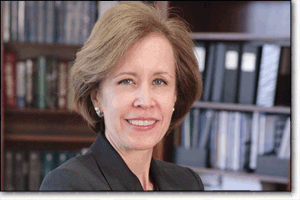- Home
-
News
- Back to parent navigation item
- News
- National Compliance Officer Day 2025
- Accounting & Auditing
- AI
- AML
- Anti-Bribery
- Best Practices
- Boards & Shareholders
- Cryptocurrency and Digital Assets
- Culture
- ESG/Social Responsibility
- Ethics & Culture
- Europe
- Financial Services
- Internal Controls
- Regulatory Enforcement
- Regulatory Policy
- Risk Management
- Sanctions
- Surveys & Benchmarking
- Supply Chain
- Third Party Risk
- Whistleblowers
- Opinion
- Benchmarking
- Certification
- Events
- Research
- Awards
-
CW Connect
- Back to parent navigation item
- CW Connect
- Sign In
- Apply
- Membership
- Contact
THIS IS MEMBERS-ONLY CONTENT
You are not logged in and do not have access to members-only content.
If you are already a registered user or a member, SIGN IN now.
Related articles
-
 Article
ArticleFrench investigators target anticompetitive practices in largest accounting firms
2026-02-05T00:55:00Z By Ruth Prickett
Major accountancy firms in France are under investigation for anti-competitive practices. The French competition watchdog embarked on a series of “unannounced inspections” and removed documents relating to audit and reporting on Jan. 13.
-
 Opinion
OpinionSOX was built for humans. AI doesn’t fit that model.
2026-01-22T17:36:00Z By Diana Mugambi CW guest columnist
For more than two decades, assurance and compliance frameworks have rested on a simple assumption: Material decisions are made by people. Post‑Sarbanes-Oxley Act (SOX) assurance reset worked because it aligned accountability with human behavior. That assumption shapes how internal controls are designed, how accountability is assigned, and how assurance is ...
-
 Webcast
WebcastCPE Webcast: Hot Topics in Risk and Compliance: AI, Analytics, and Emerging Audit Technologies
2025-12-16T14:00:00Z Provided by Workiva
Join experts from KPMG, Cisco, and Workiva as they explore how audit, accounting, and finance professionals can leverage a technology mix of data analytics, gen AI, and other tools to ramp up efficiency and strengthen control effectiveness.
- Terms and Conditions
- Privacy Policy
- Do Not Sell My Info
- © 2025 Compliance Week
Site powered by Webvision Cloud







